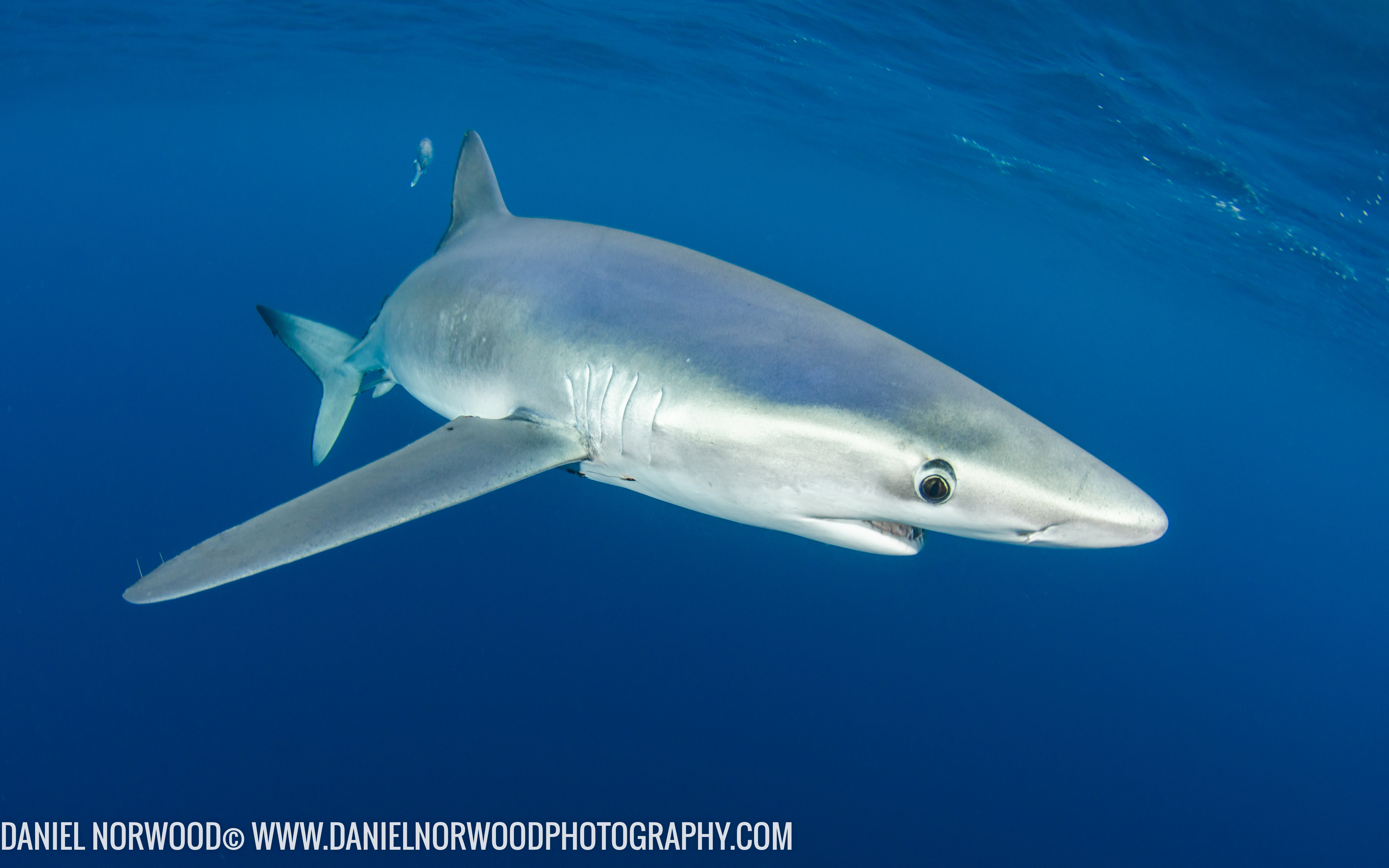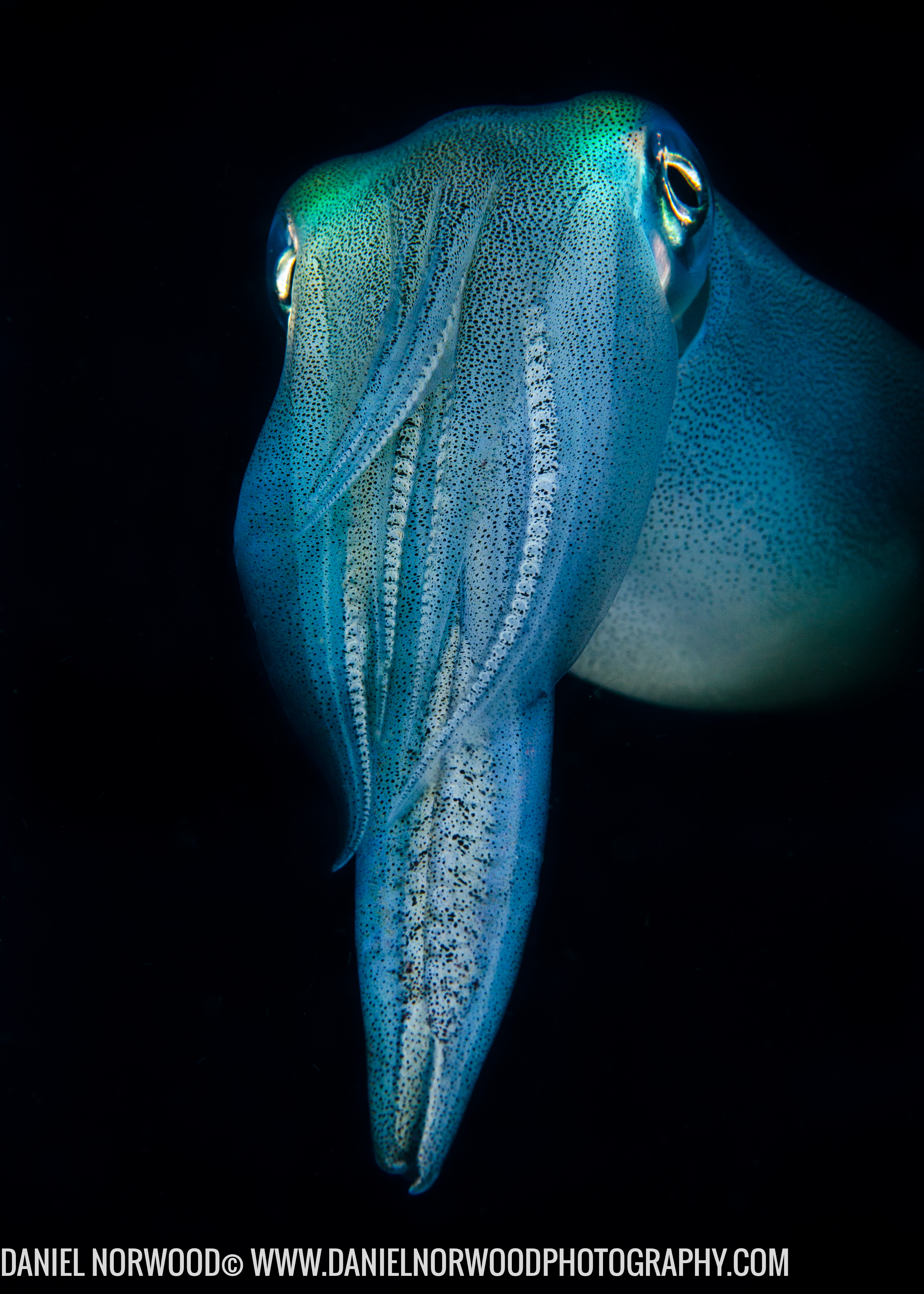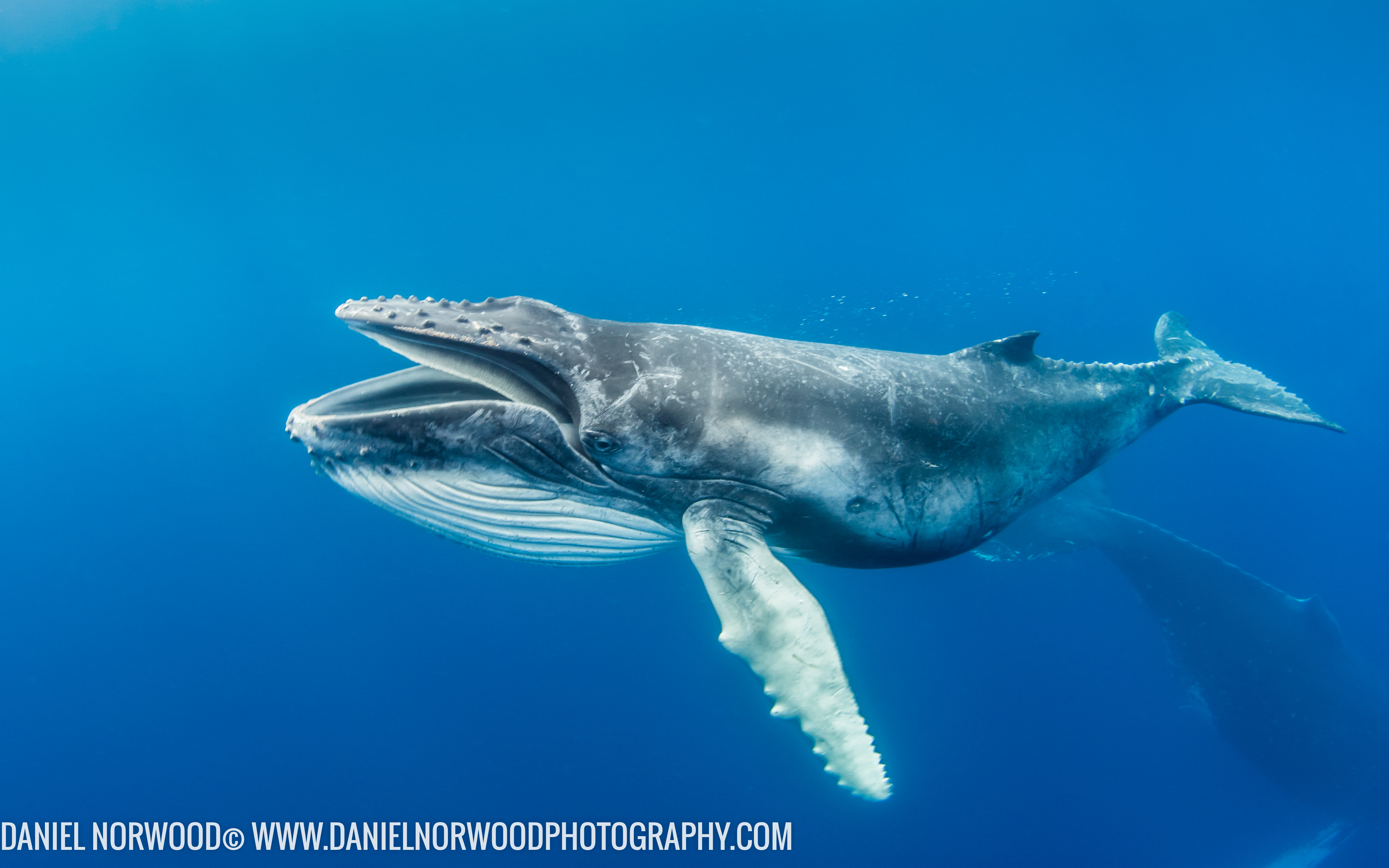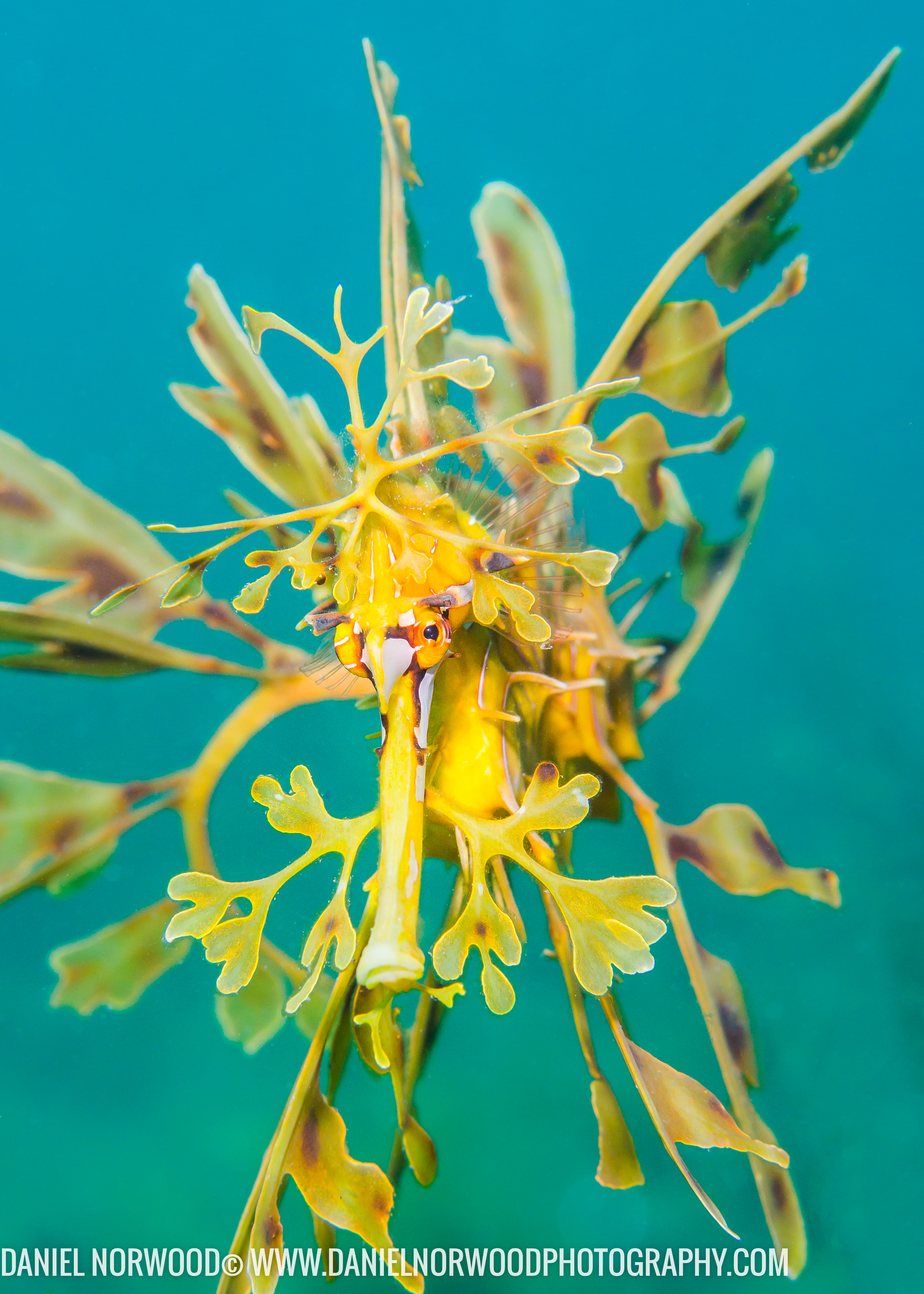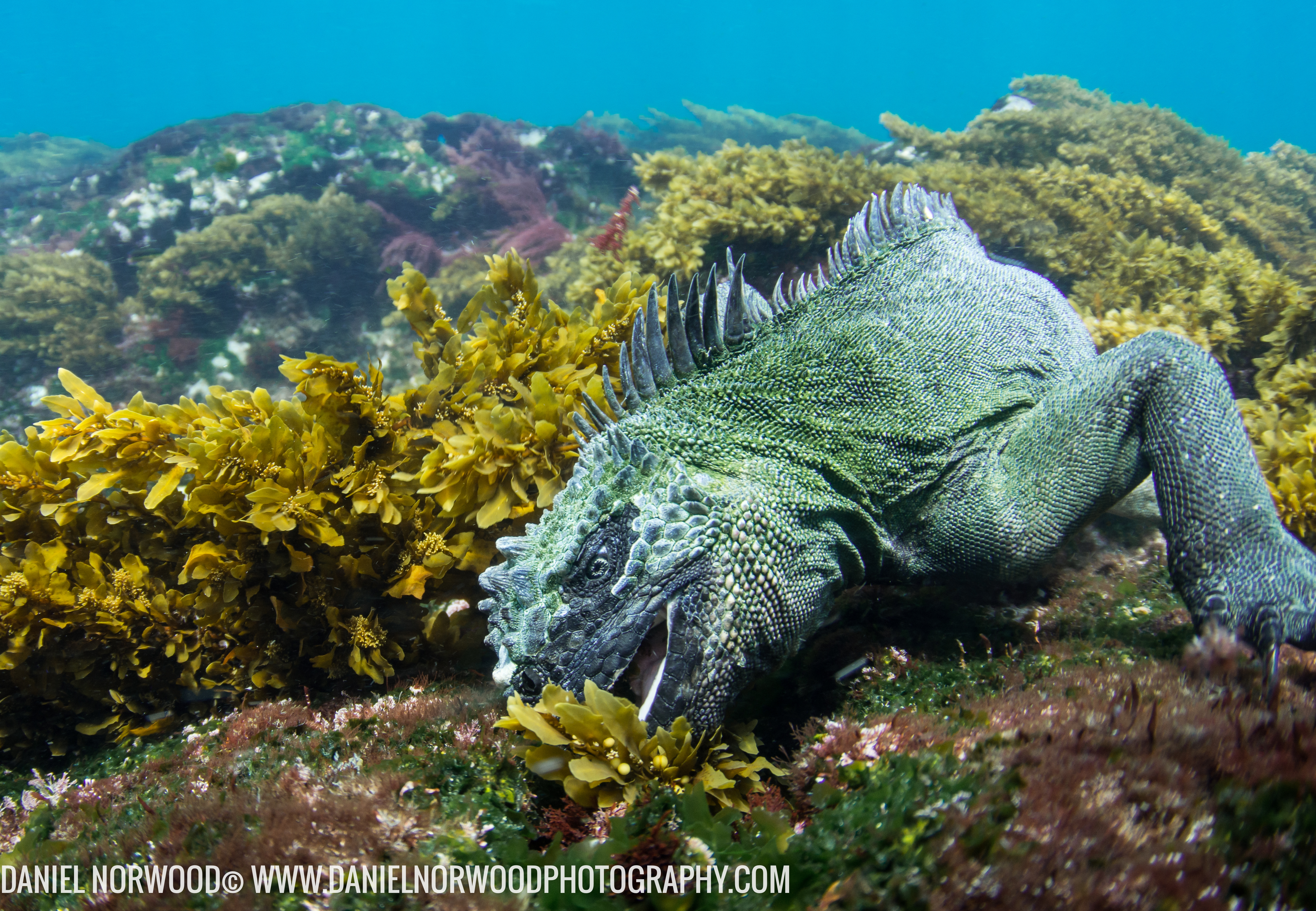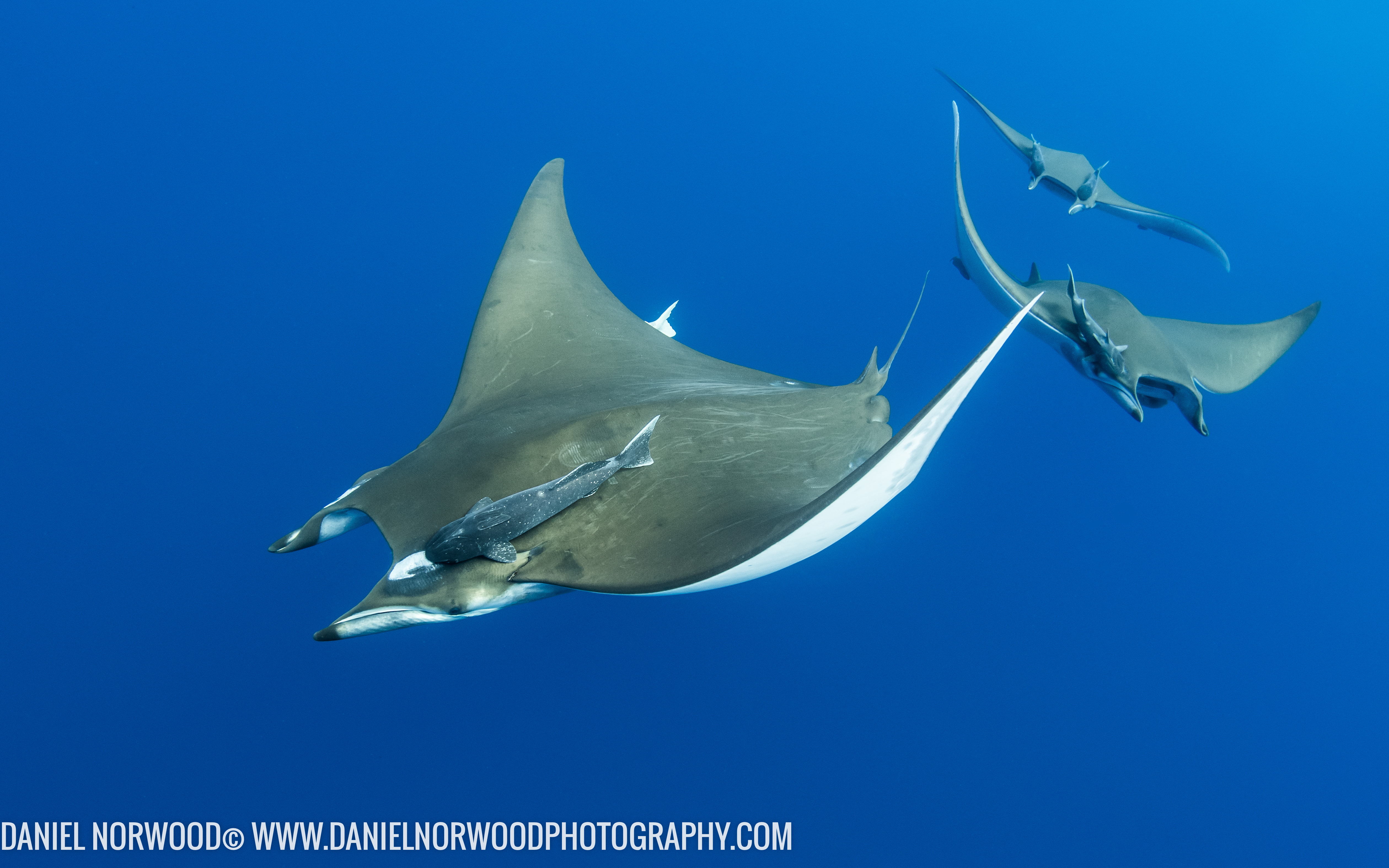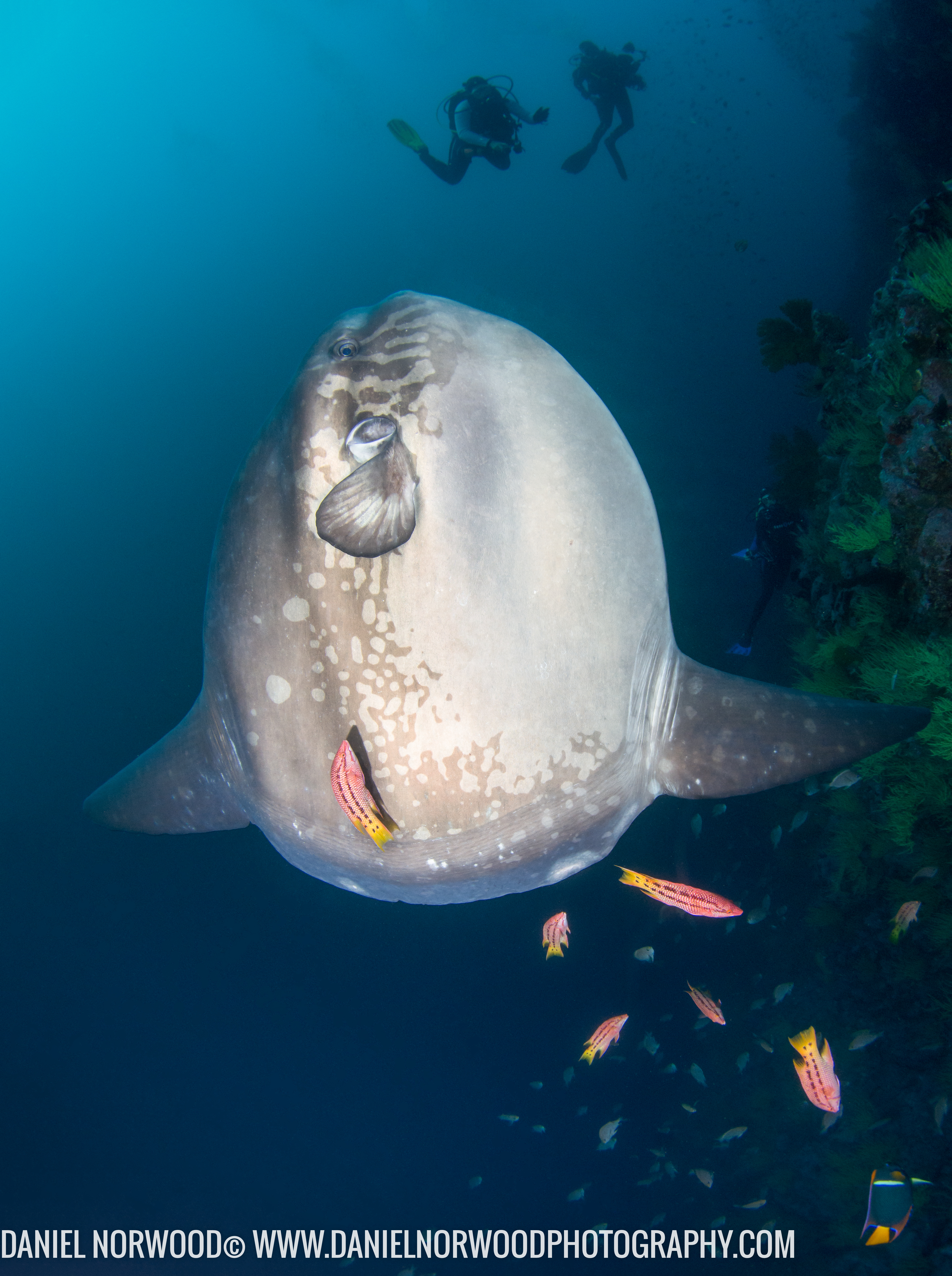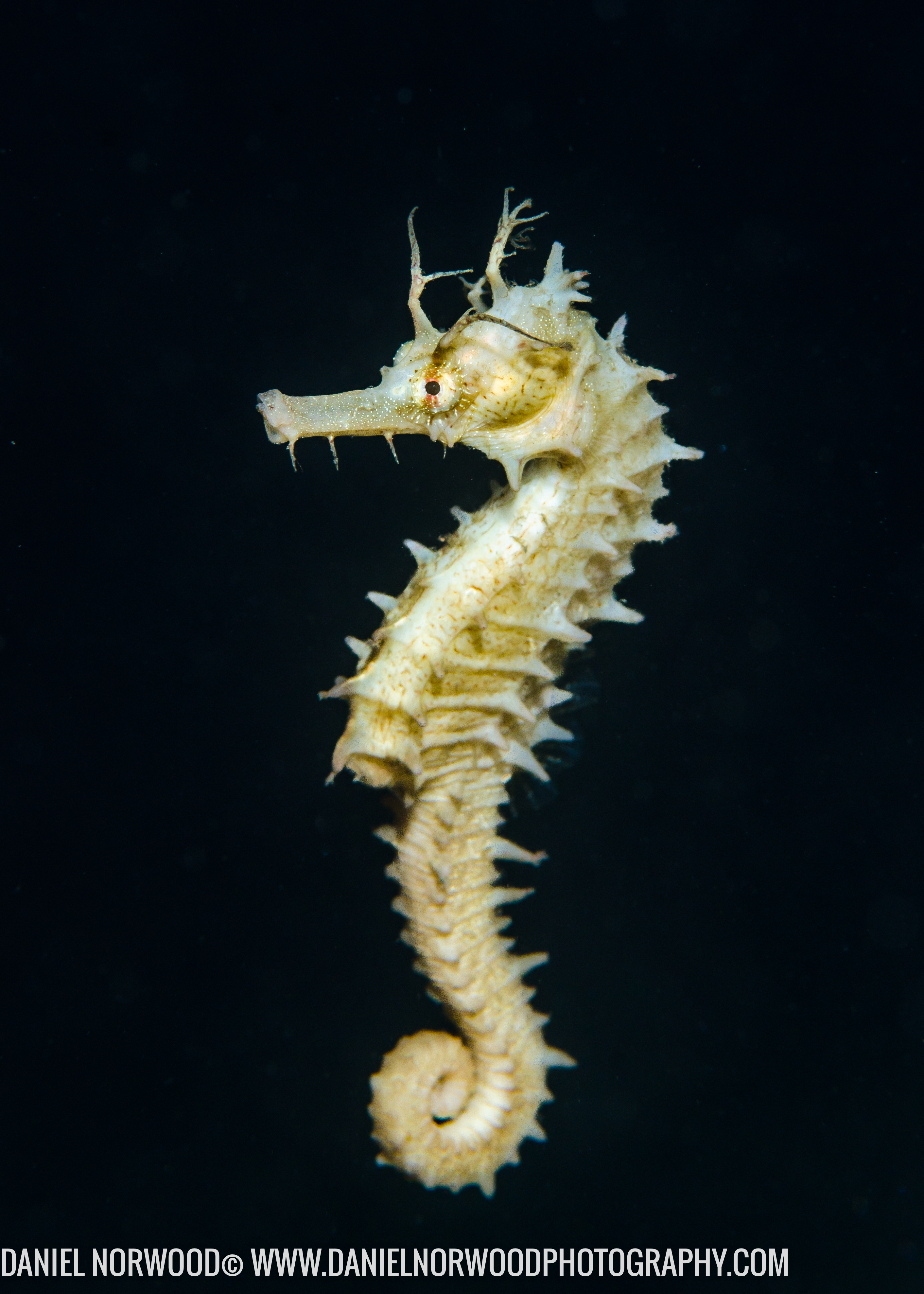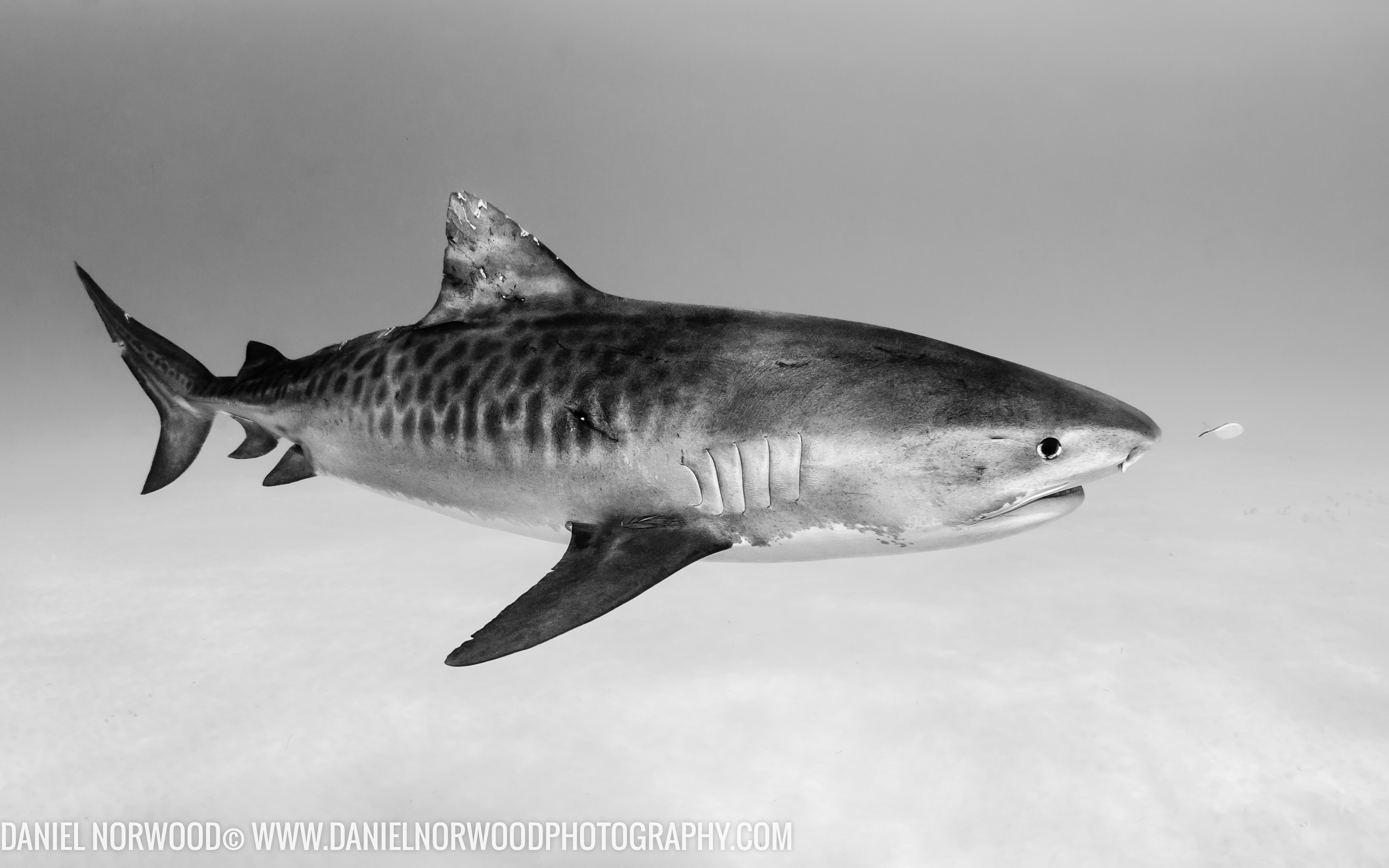I’ve been diving now for nearly 10 years, and for most of that time with an underwater camera. Sharks have always fascinated me, and one of my dreams was to see great whites up close. When I eventually had the chance to make it happen, I purchased a small compact camera to capture the moment. Both sharks and underwater photography have obsessed me ever since.
How long have you been an underwater photographer?
I have been taking photos underwater for nearly 10 years, but this year has been my busiest yet. Although I dive regularly, I am still learning new things every day and never get bored of diving while there is something to take pictures of.
What got you interested in underwater photography?
Being able to share my experiences underwater with non-divers and family and friends…and big sharks.
What’s your favorite style of underwater photography?
I like to take both macro and wide-angle images, but recently I have been mostly shooting big stuff. This can be tough as sometimes you may only get one chance to get the shot, but I love nothing more than getting close and interacting with charismatic animals such as tiger sharks, humpback whales and manta rays.
Any favorite destinations?
My favorite species of shark is the tiger, so anywhere I can dive with those ranks high on the list. Tonga is an amazing place to spend time with humpback whales, and the Azores has magical blue-shark and mobula-ray dives. Dumaguete and Lembeh are best for macro, but my favorite place in the world to dive is the Galapagos. I went earlier this year and have never seen and photographed so many new species in 10 days. I hope to get back there as soon as possible.
What’s your underwater setup?
I recently upgraded to the new Nikon D500. It’s an amazing action camera with lightning speed autofocus, just what you need for fast, big fish. I have used Nauticam housings for a long time now.
Any tips for new underwater photographers?
Underwater photography is very difficult, and diving to take pictures underwater requires a different mindset. Some great books by Martin Edge and Alex Mustard are essential reading for anyone serious enough to spend thousands of dollars on equipment.
Knowing how your camera works on land before taking it underwater is also a good idea.
Research resorts and dive destinations, and choose places that enable you to take your time, dive comfortably and shoot subjects that you like. Dedicated workshops or photo trips are often the most productive, as you share common goals with the rest of the group and can all learn from one another. Finally, learn how to use editing software such as Adobe Lightroom, which will enhance your images and keep them all organized once you start to build a portfolio.


